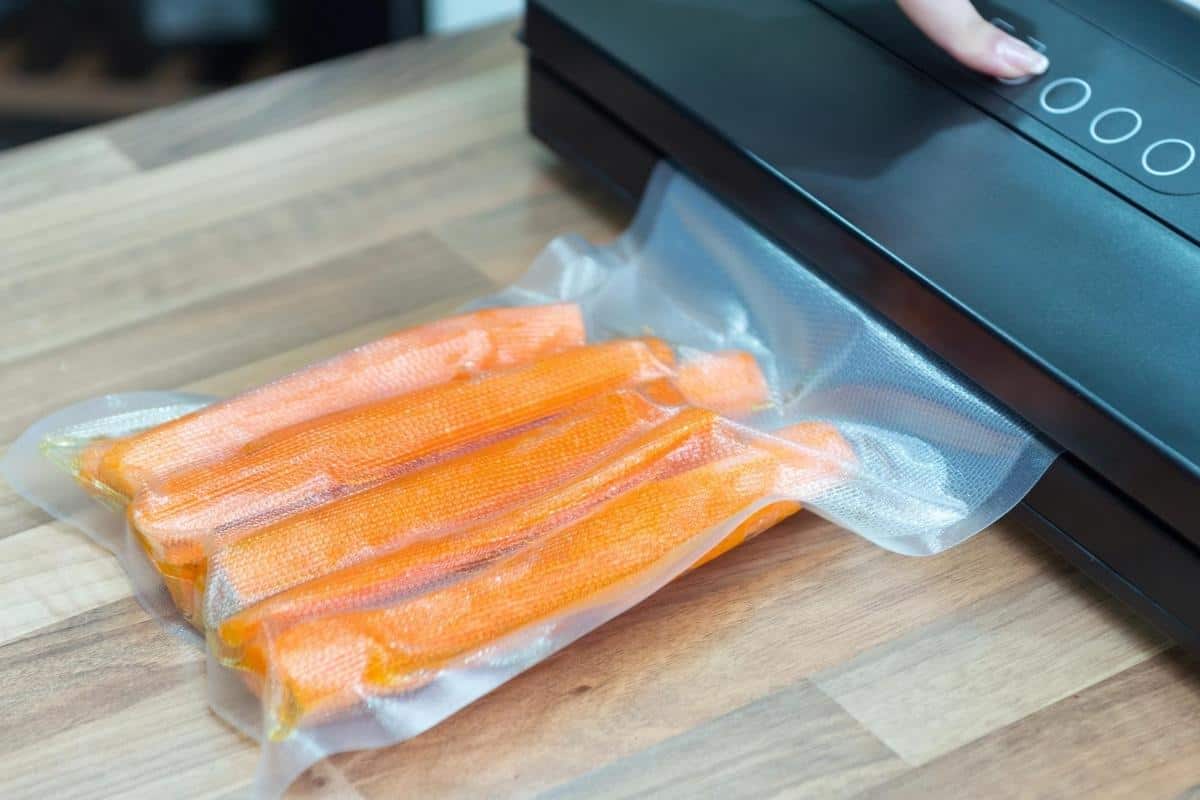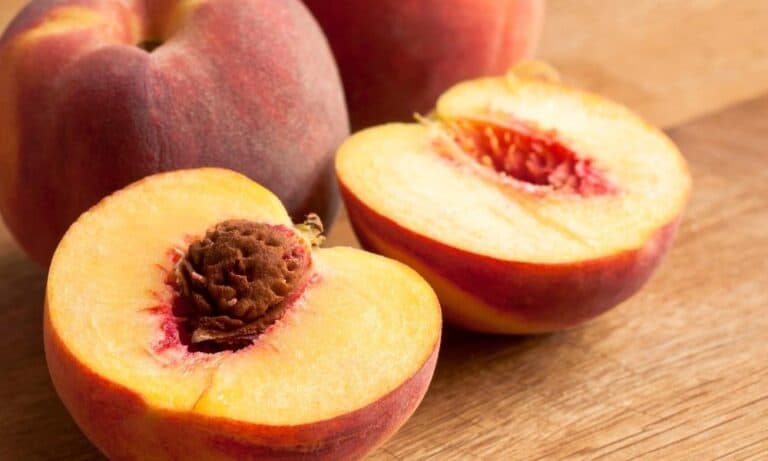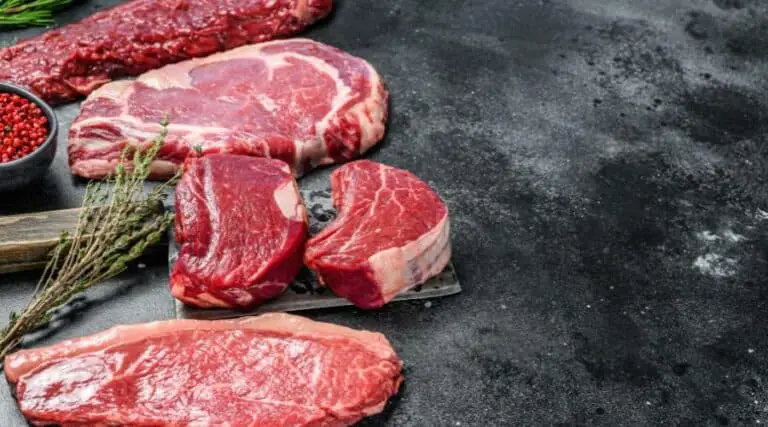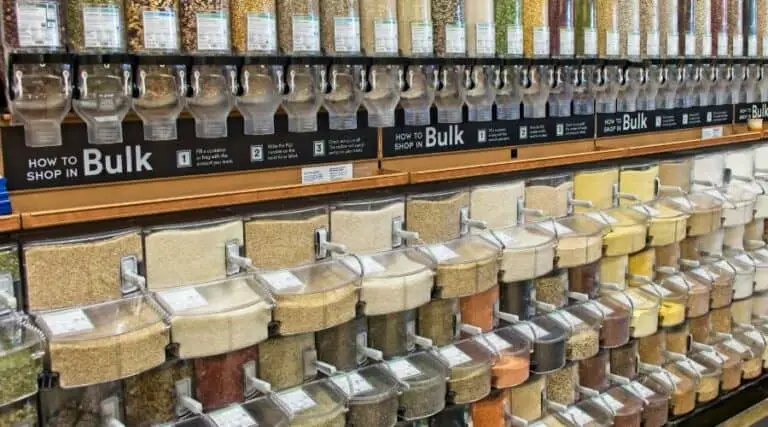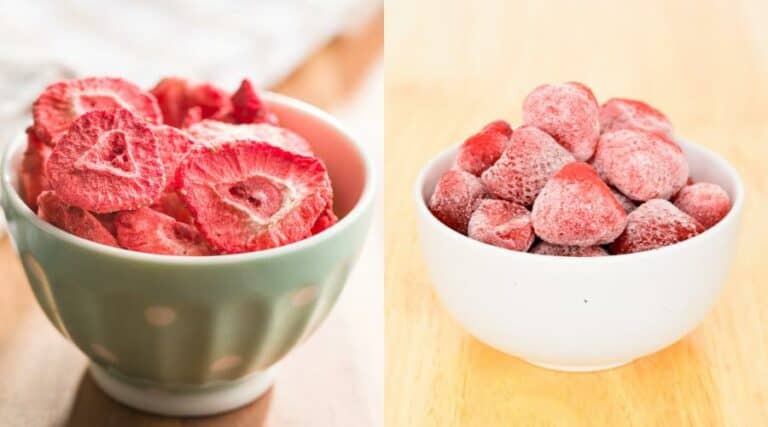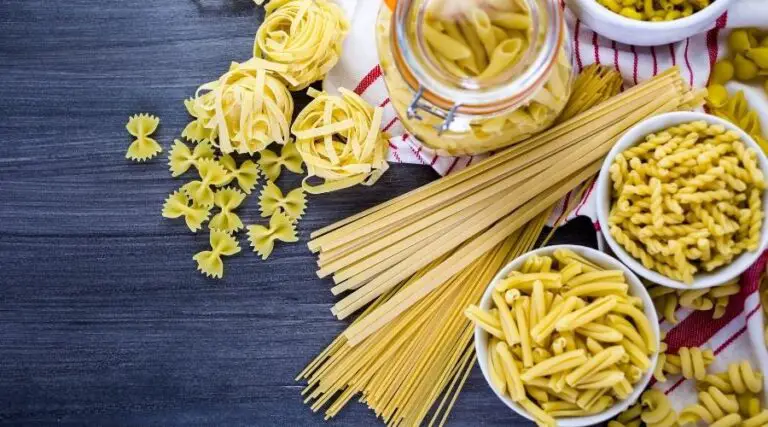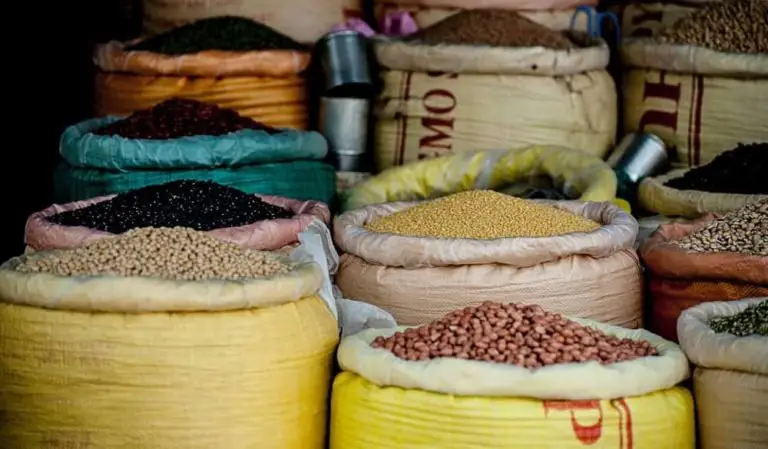Buying a Vacuum Sealer, Is it Worth it? What to Know
Wasting food is one of my biggest annoyances! I like to buy foods in bulk that I know our family will use up before it goes bad. Meat is at the top of that list. However, it usually comes in big packages wrapped in plastic wrap or in a bag that’s not airtight. So when I put it in the freezer it gets freezer burnt quickly and when I pull it out to use it, it’s not always the best quality anymore. Are vacuum sealers worth the money?
Is vacuum sealing worth it?
Overall, a vacuum sealer is worth it if you want to keep your food fresh for longer and save money on groceries. For those looking to expand their food storage and have freezer space to spare, a vacuum sealer will help extend the shelf life of many everyday foods by up to 4-6 times. Simply, if you look for deals to buy food in bulk, have a home garden, hunt, or fish then yes, a vacuum sealer is well worth the money.
Vacuum sealing can be a useful way to preserve food and extend its shelf life. Additionally, it can help prevent spoilage and waste, saving you money in the long run. Vacuum sealing can also be useful for storing non-food items, such as documents or clothing, to protect them from damage or moisture.
See my favorite Vacuum Sealers
Many people invest in vacuum sealers because they help keep food fresh for longer and make many types of food (meat, soups, vegetables, fruits, bread, and more) shelf-stable, especially in the freezer and refrigerator. Incredibly, a properly vacuum-sealed bag of already shelf-stable foods such as flour, rice, sugar, and pasta can increase its shelf life up to 4-6 times in your pantry.
“Producing a vacuum means removing air from the contents of a package. Oxygen in environmental air does promote certain reactions in foods that cause deterioration of quality. For example, oxidative rancidity of fats in food and certain color changes are promoted by the presence of oxygen. Therefore, the removal of oxygen from the environment will preserve certain quality characteristics and extend the food’s shelf life based on quality.”
National Center for Home Food Preservation
How much do vacuum sealers cost?
Budget vacuum sealers range from $40 to $100
Mid to higher-end vacuum sealers range from $100 to $300
Professional vacuum sealers are usually $300 and above
Jump down the page to see my favorite vacuum sealers
Best Vacuum Sealers
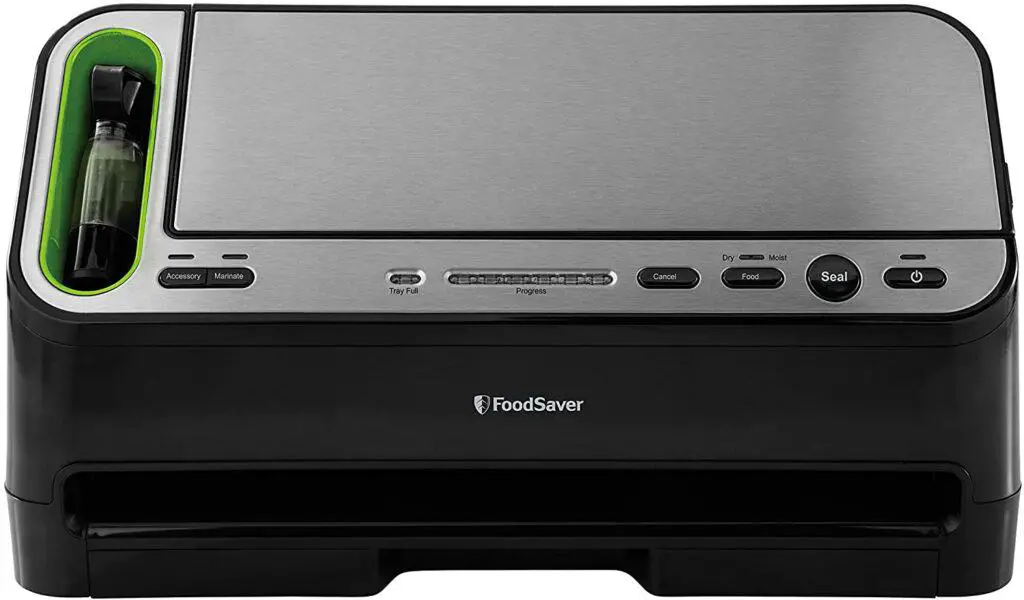
Best Overall: FoodSaver 2-in-1 Vacuum Sealer
This vacuum selaer had the best suction power of all the vacuum sealers that I’ve tested, making it ideal for sealing meat.
Check Price on Amazon
Best Runner-Up: Nesco VS-12 Vacuum Sealer
This vaccum sealer had great suction while at the same time it was the only machine that didn’t crush fresh raspberries.
Check Price on Amazon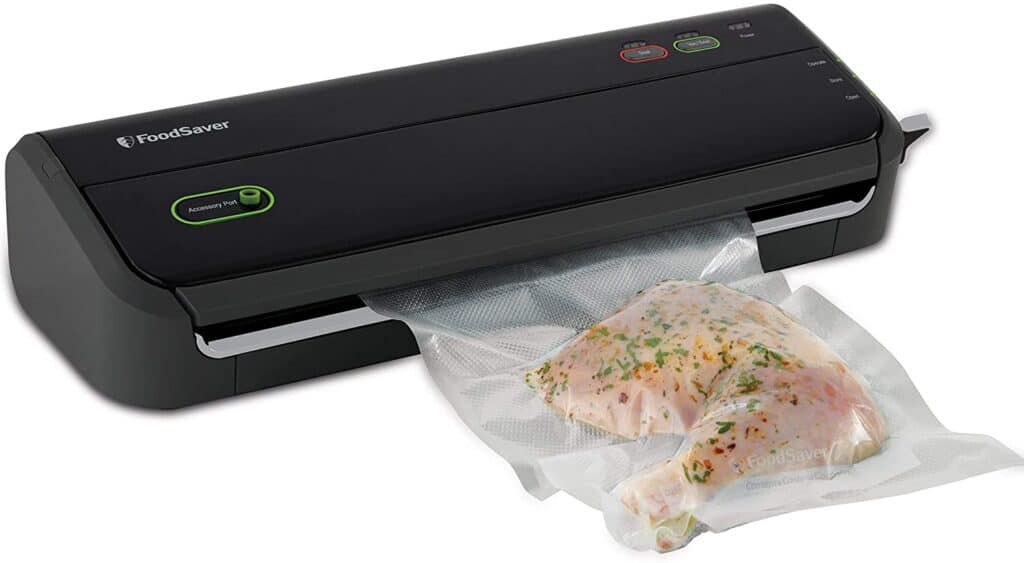
Best Budget: FoodSaver- Budget Vacuum Sealer
Affordable, easy to use, and reliable. If all you need is to seal bags to prevent freezer burn or prolong the shelf life of food in your pantry – this unit is Perfect!
Check Price on AmazonHow does a vacuum sealer work?
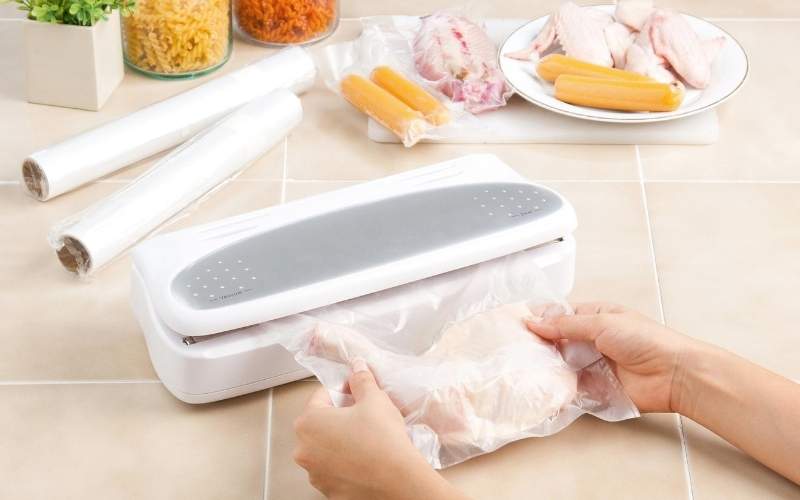
A vacuum sealer works by sucking all the air out of the bag and sealing it all at once.
- Fill the bag with the food you want to store
- Clean the top of the bag to be sure there is no food or moisture on the top
- Place the bag in the opening to seal
- Seal
- Store in freezer or pantry depending on what you are storing
Making sure that there is minimal air left in your bags or containers will greatly extend the life of your food in the freezer.
Why do I need to get all the air out of my bags?
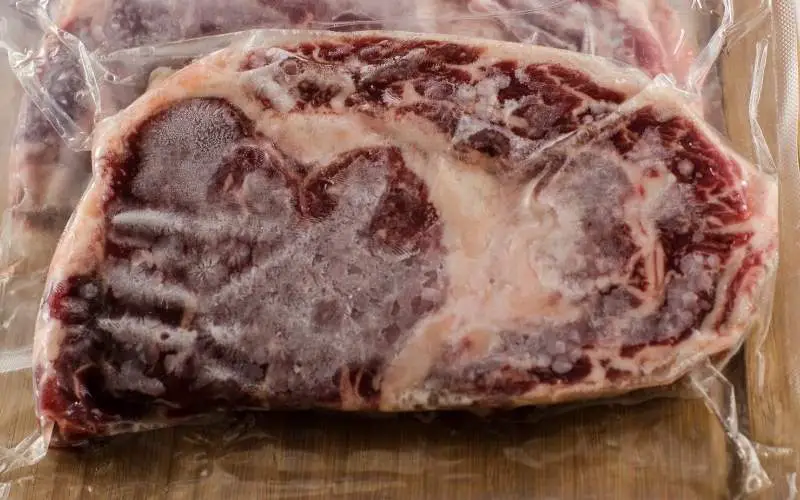
Food not tightly wrapped or sealed in an airtight package can become freezer burnt. While eating freezer burn food isn’t generally cause for worry, you will notice that the flavor and texture of freezer burnt food can be very undesirable.
Freezer burn is caused by air making contact with the food for an extended period of time. It can also be caused by a quick change of temperature, such as when you put hot food into a freezer. The added condensation in the package or container can cause an added amount of ice build up on your food.
Making sure to get all the air out of the bags will also help your dry foods like crackers or cereal from getting stale or losing their crunch which is commonly caused by the moisture in the air getting into the bags once opened and not sealed shut.
Benefits of owning a Vacuum Sealer
Most people use their food savers for preserving food bought in bulk and that’s it. That is one of the main reasons anyone looks into food savers. However, there are so many different things you can do with a food saver other than just sucking all the air out of a bag and storing food in a freezer or pantry.
Here is a list of 16 things you can do with your food saver beyond storing food in the freezer.
- Store toilet paper and feminine hygiene items compactly and waterproof
- Save pictures in a waterproof bag
- Reseal chip or cereal bags to maintain freshness
- Seal clothes for 72-hour kits to keep them dry and save space
- Seal bedding in large bags to save space
- Seal food in jars with the jar attachment
- Make homemade ice packs
- Store matches in a waterproof bag
- Freeze leftovers
- Seal important documents in a waterproof bag
- Seal cheese to extend its life in the fridge
- Seal ammunition to keep dry
- Seal first aid items to prevent them from getting wet
- Make small condiment or spice packets for camping or emergency bags
- Store collectibles such as comic books for safekeeping
- Marinate meat
How long does food last in a vacuum-sealed bag?
Food that has been vacuum-sealed can last 4-6 times longer than nonvacuum sealed food. In many cases, food that has been vacuum-sealed and frozen can be stored up to 2-3 years while if the same food was stored in other ways, such as how you purchase it from the grocery store, it will last an average of 6-12 months at most. Also, some perishable foods like berries that have been vacuum-sealed and put in the refrigerator can last 2-3 weeks which is significantly longer than the 2-6 days most food last in the refrigerator.
See the below table to get a better idea of how long different types of food can last (be stored) after being vacuum sealed and stored in the freezer, refrigerator, or pantry.
| Food Type | Storage Condition | Ordinary Storage | Vacuum Sealed Storage |
|---|---|---|---|
| Beef & Poultry | Freezer | 6 months | 2-3 years |
| Fish | Freezer | 6 months | 2 years |
| Soups & Stews | Freezer | 3-6 months | 1-2 years |
| Coffee Beans | Freezer | 6-9 months | 2-3 years |
| Vegetables | Freezer | 8 months | 2-3 years |
| Bread | Freezer | 6-12 months | 1-3 years |
| Cheese | Refrigerator | 1-2 weeks | 4-8 months |
| Lettuce | Refrigerator | 1 week | 2-3 weeks |
| Berries | Refrigerator | 3-6 days | 2 weeks |
| Flour & Sugar | Pantry | 6 months | 1-2 years |
| Rice & Pasta | Pantry | 6 months | 1-2 years |
| Cookies | Pantry | 1-2 weeks | 3-6 weeks |
Not only does vacuum sealing food before it is stored in the refrigerator, freezer, or pantry extend its life but it will also extend its freshness! If you like chips but don’t eat the bag quickly enough seal it off between opening the bag.
What should you not vacuum seal?
While there are so many different things you can vacuum seal there are a few things that you shouldn’t vacuum seal.
Foods that you should not vacuum seal include:
- Soft cheese
- Raw Bananas
- Mushrooms
- Whole Apples
- Raw Onions
- Garlic
- Cabbage
- Lettuce
- Freshly cooked or steamed foods
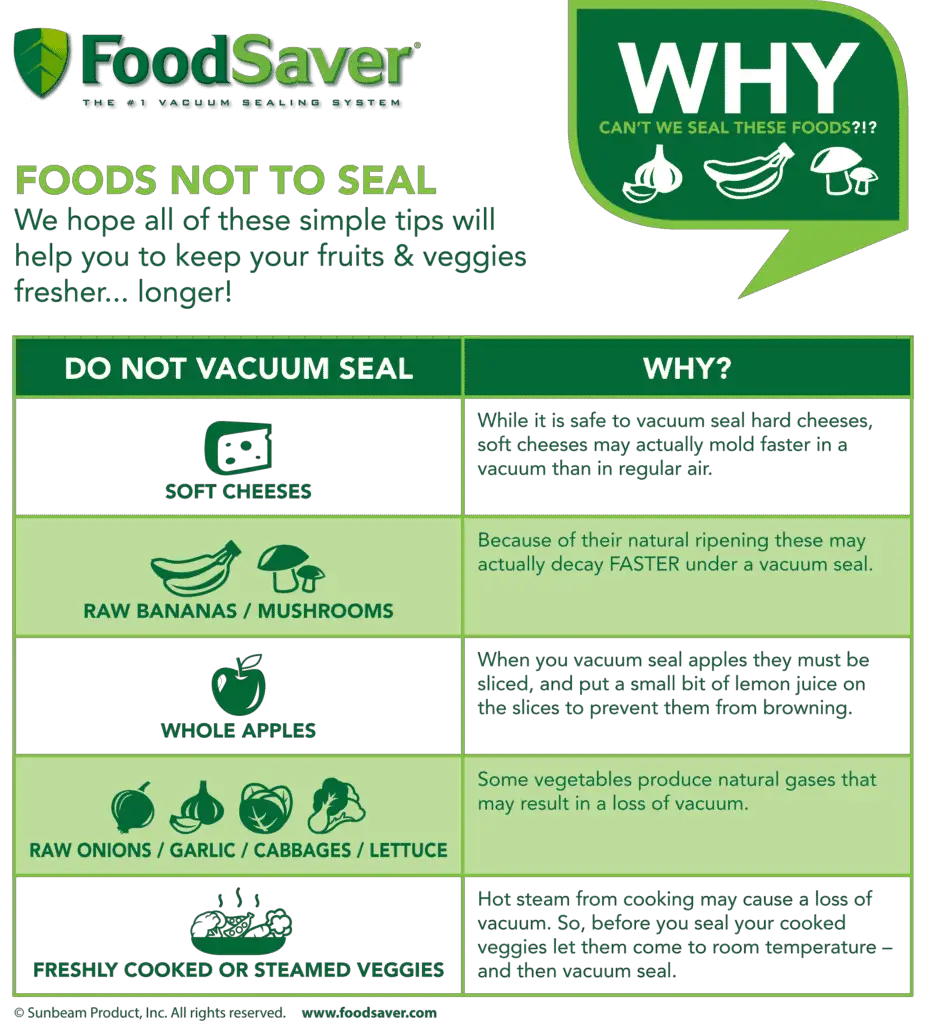
| Do Not Vacuum Seal | Why? |
|---|---|
| Soft Cheeses | While it is safe to vacuum seal hard cheeses, soft cheeses may actually mold faster in a vacuum than in regular air. |
| Raw Bananas / Mushrooms | Because of their natural ripening, these may actually delay faster under a vacuum seal. |
| Raw Onions / Garlic / Cabbage / Lettuce | Some vegetables produce natural gases that may result in a loss of vacuum |
| Whole Apples | When you vacuum seal apples they must be sliced and have a small amount of lemon juice put on the slices to prevent them from browning. |
| Freshly Cooked or Steamed Vegetables | Don’t vacuum seal hot vegetables that have been cooked or steamed until they have been cooled to room temperature. |
Best Vacuum Sealers (Our Favorites)
To know what vacuum sealer is best for you, we suggest looking at what each vacuum sealer offers.
- What kind of attachments they all come with and what you would use those added accessoires for.
- If you want it simply to store meat that you have bought in bulk a more simple model will work great for you.
If you want to marinate steaks, use jars to store dry ingredients, and suck the air out of big bags with comforters to save space then a more advanced model will work great for you!
Here are the models that we recommend
My top pick
FoodSaver 2-in-1 Vacuum Sealer (Check the Price on Amazon)
Pros –
- It has automatic bag and moisture detection.
- Includes a handy detachable handheld sealer.
- Built in bag roll storage and cutter.
We own this model and it has been reliable and easy to use. It works exactly as expected and has preserved lots of our food. We even use it to reseal our chip bags to keep our chips fresh and to quicken the marinade process for steaks, chicken, etc.

Budget Picks
FoodSaver- Budget Vacuum Sealer (check the price on Amazon)
Pros – Affordable, easy to use, and reliable. If all you need is to seal bags to prevent freezer burn or prolong the shelf life of food in your pantry – this unit is Perfect!
Cons – Doesn’t cut plastic roll for you and it doesn’t have a handheld detachable sealer.

Vacuum Sealer By NutriChef (check the price on Amazon) – a great affordable option with great reviews
Bags
FoodSaver Bag Combo Rolls & Precut Bags (check the price on Amazon)

